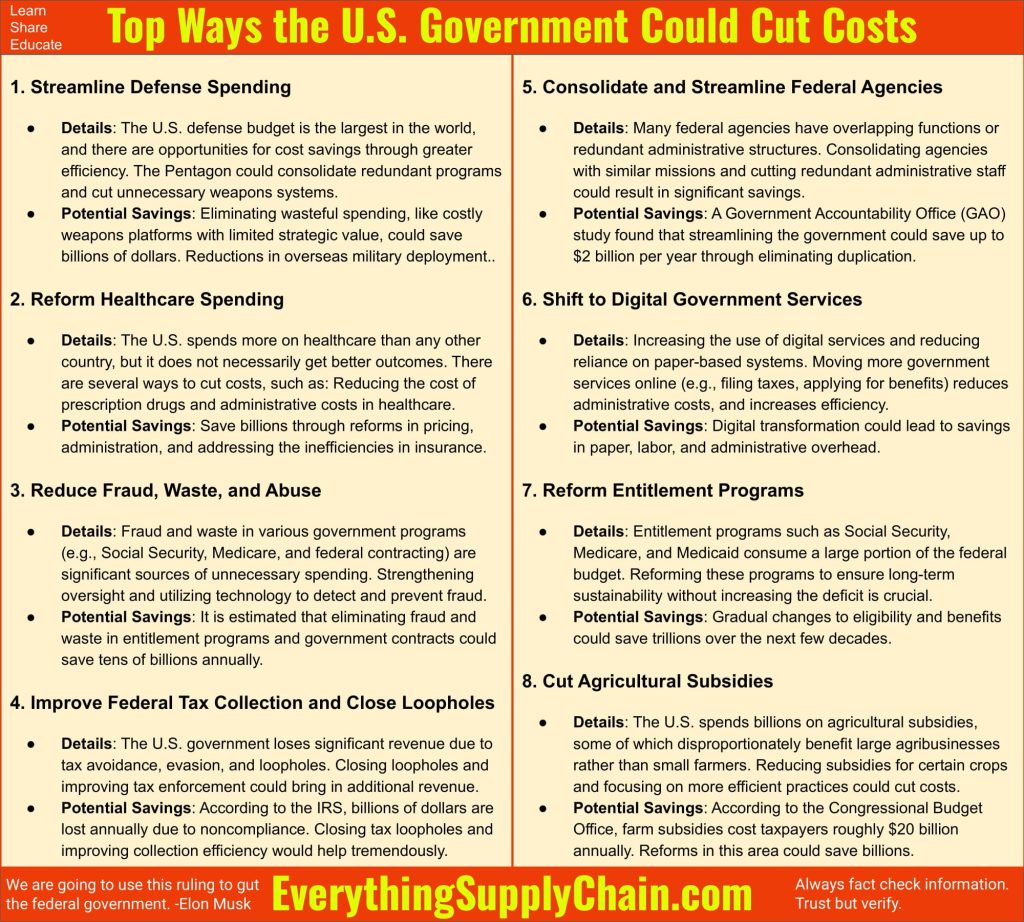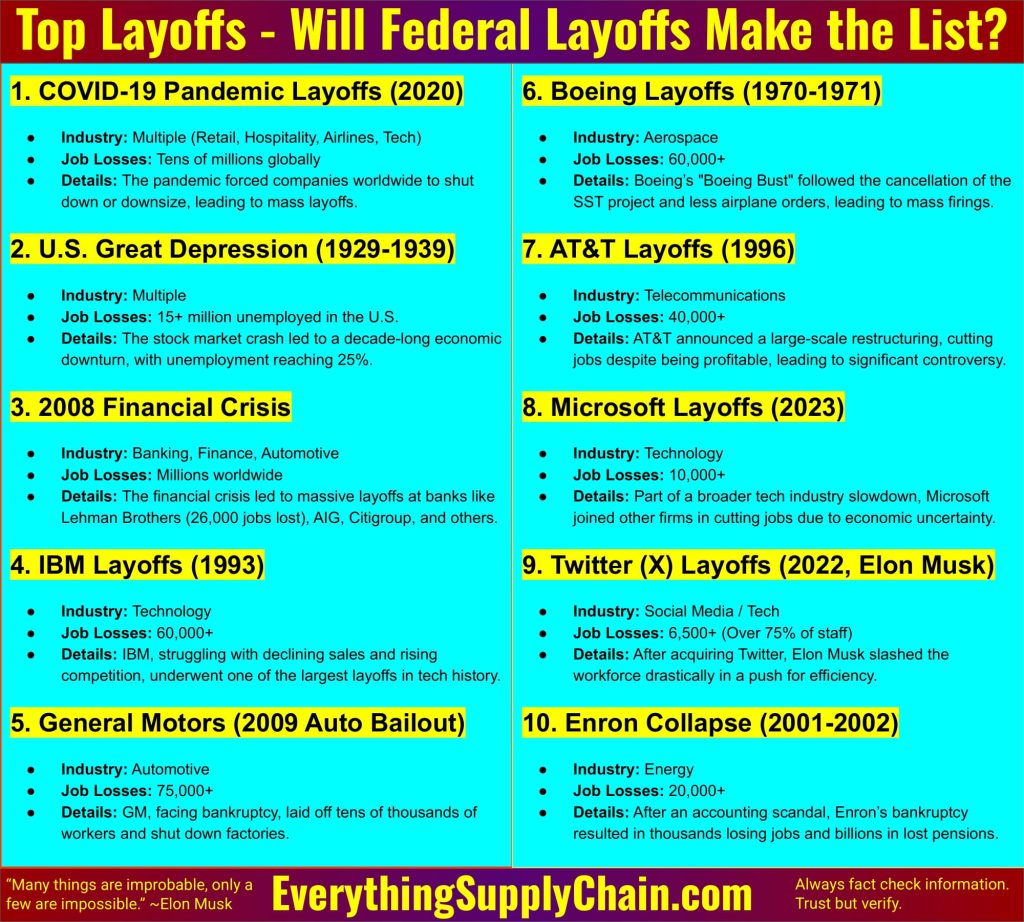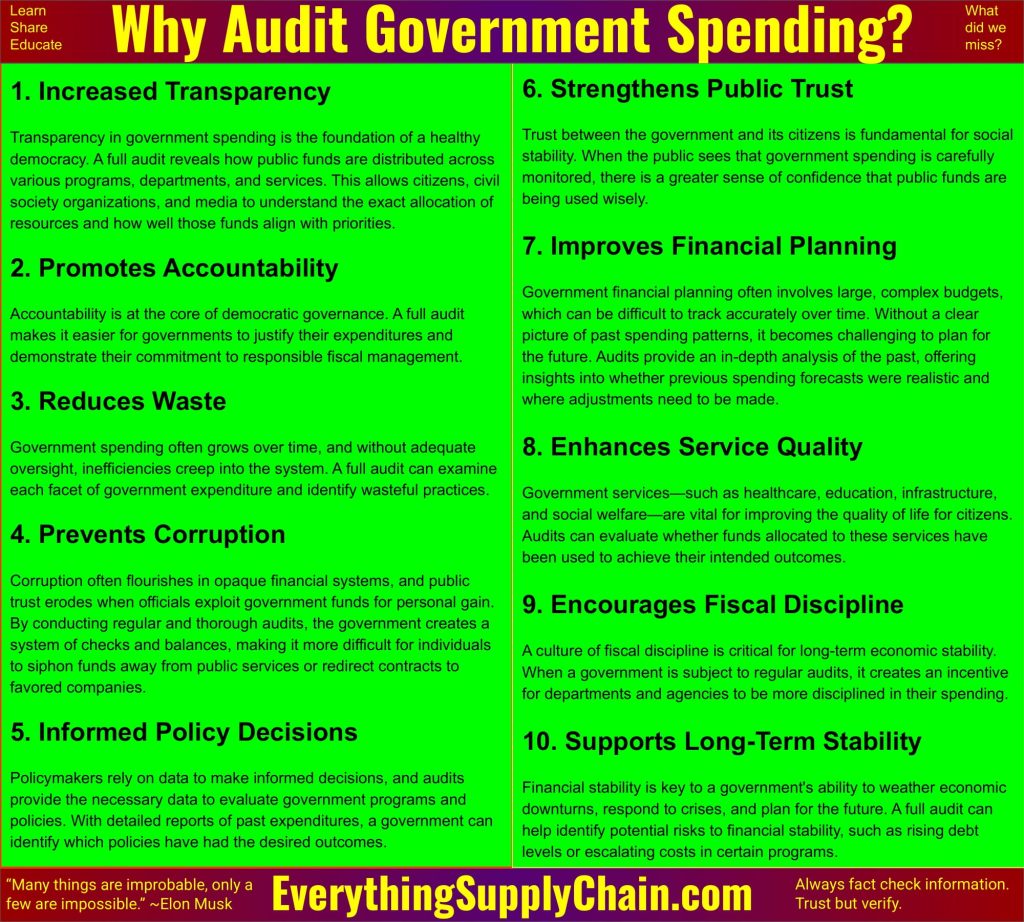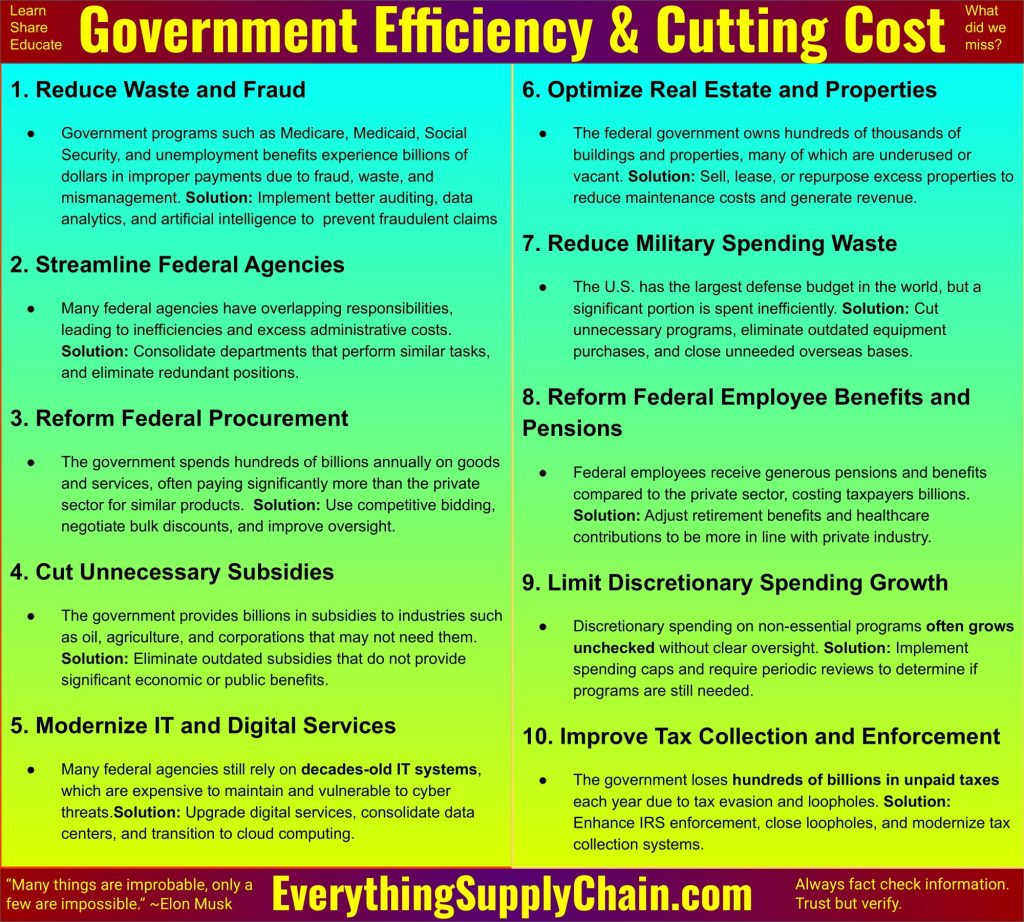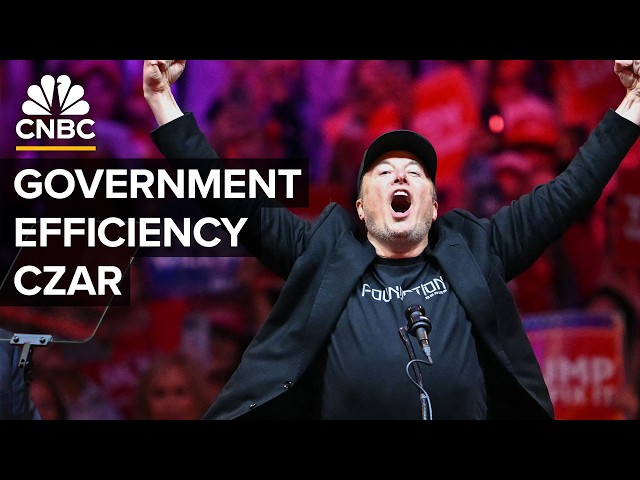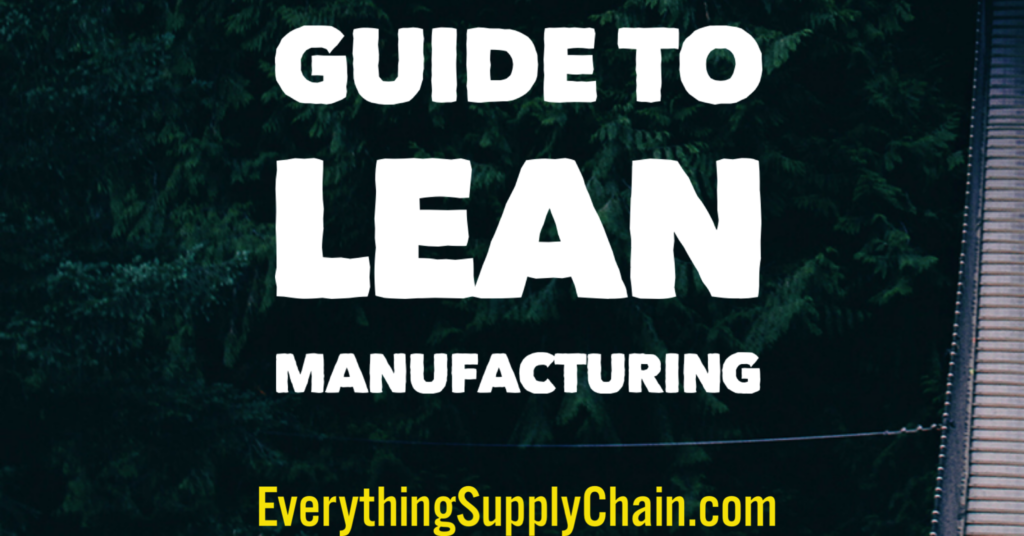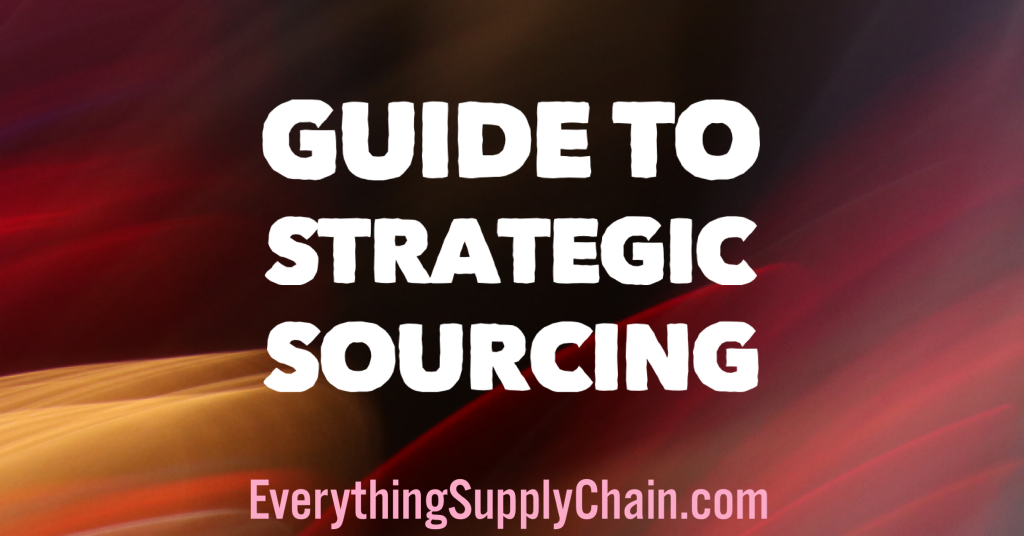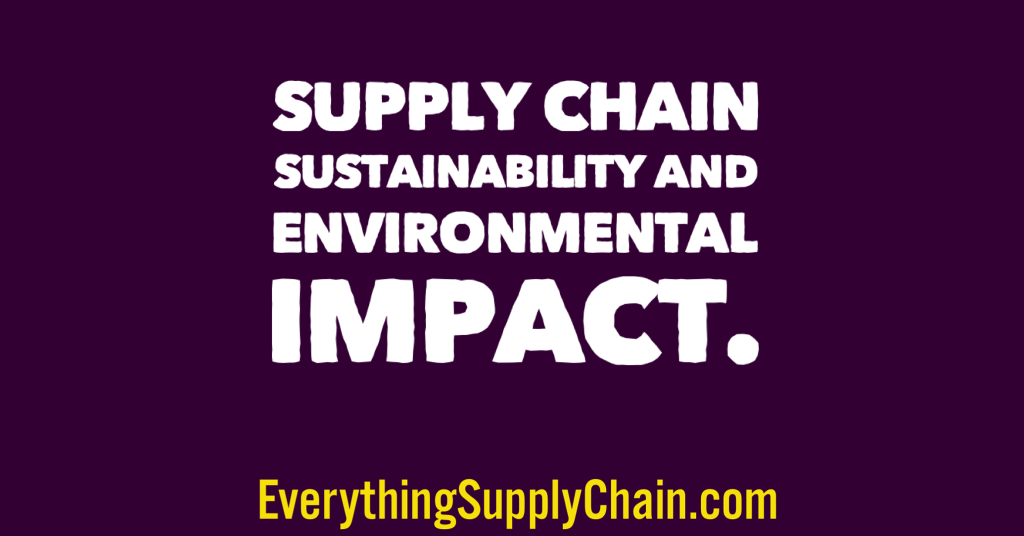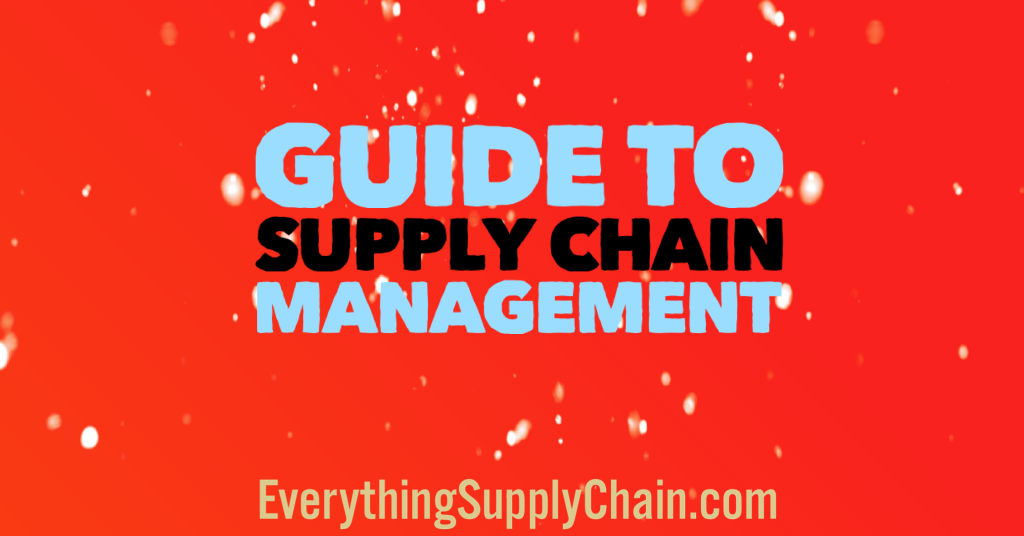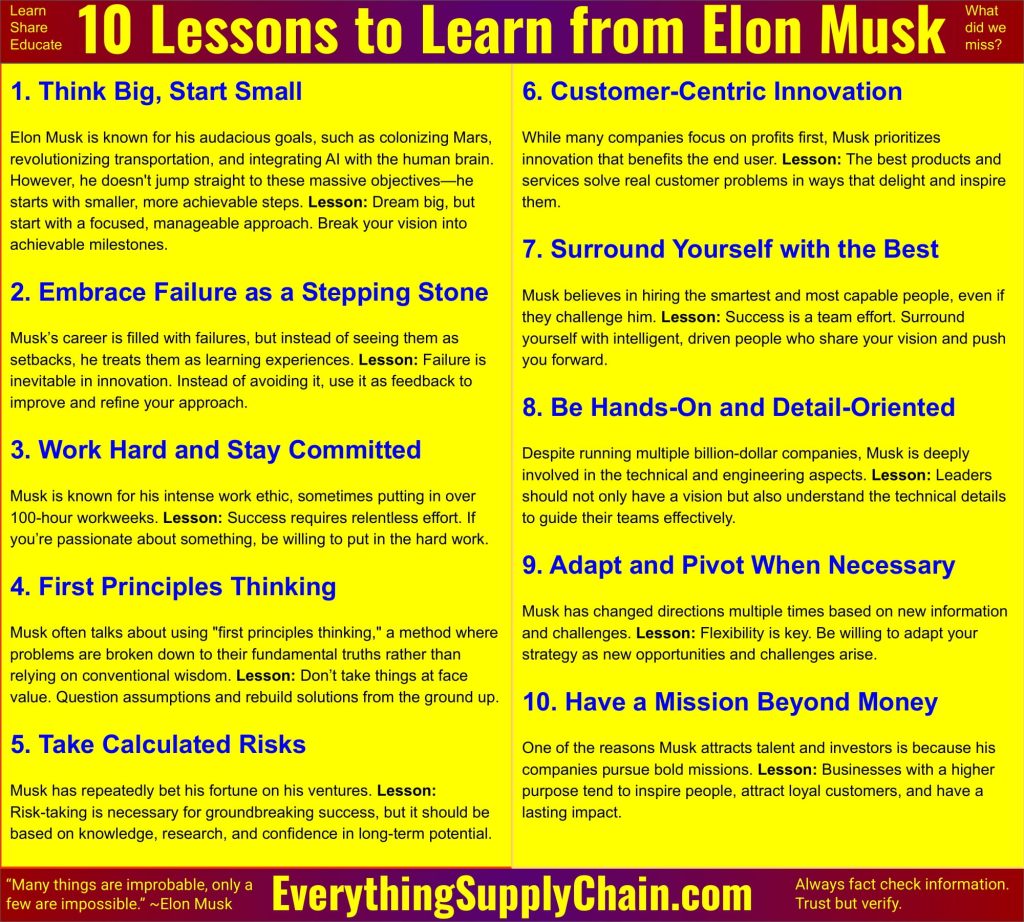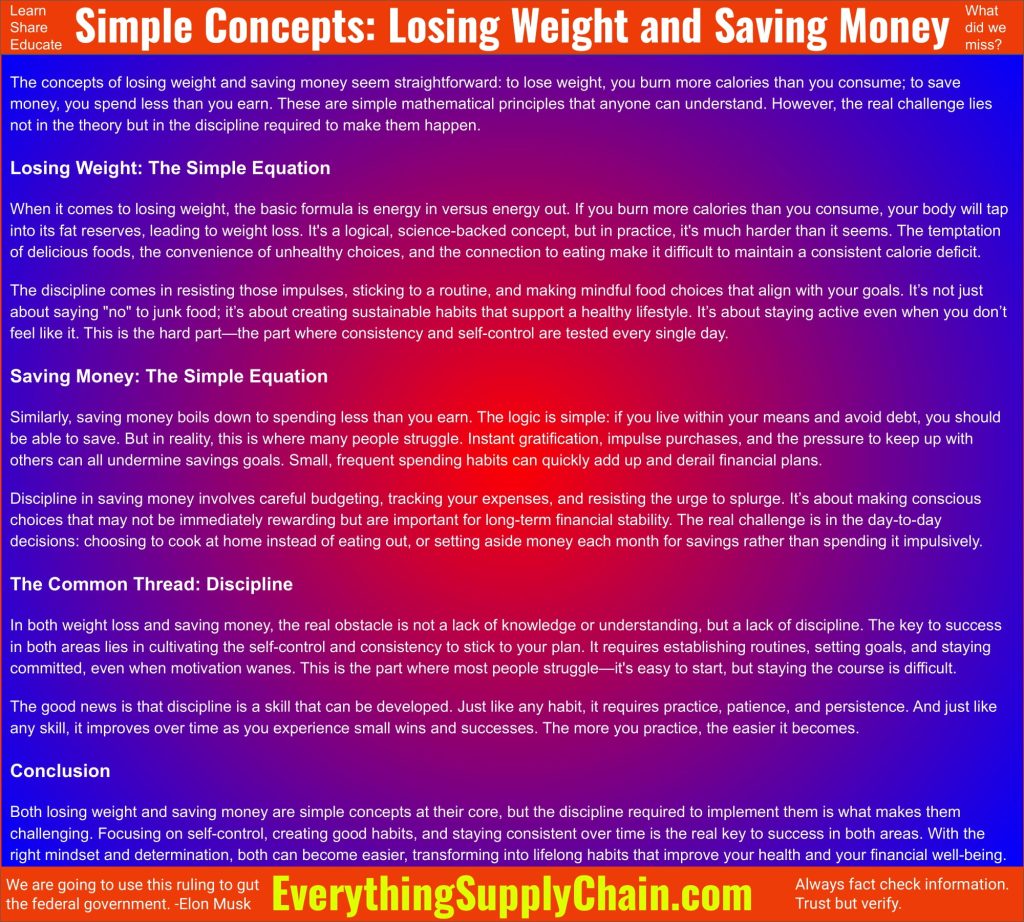Trump’s “The Art of the Deal” applied to Supply Chain.
Applying Trump principles from The Art of the Deal to supply chain management centers around strategic negotiation, control, long-term thinking, and maintaining strong, mutually beneficial relationships while being flexible and adaptable to changes.
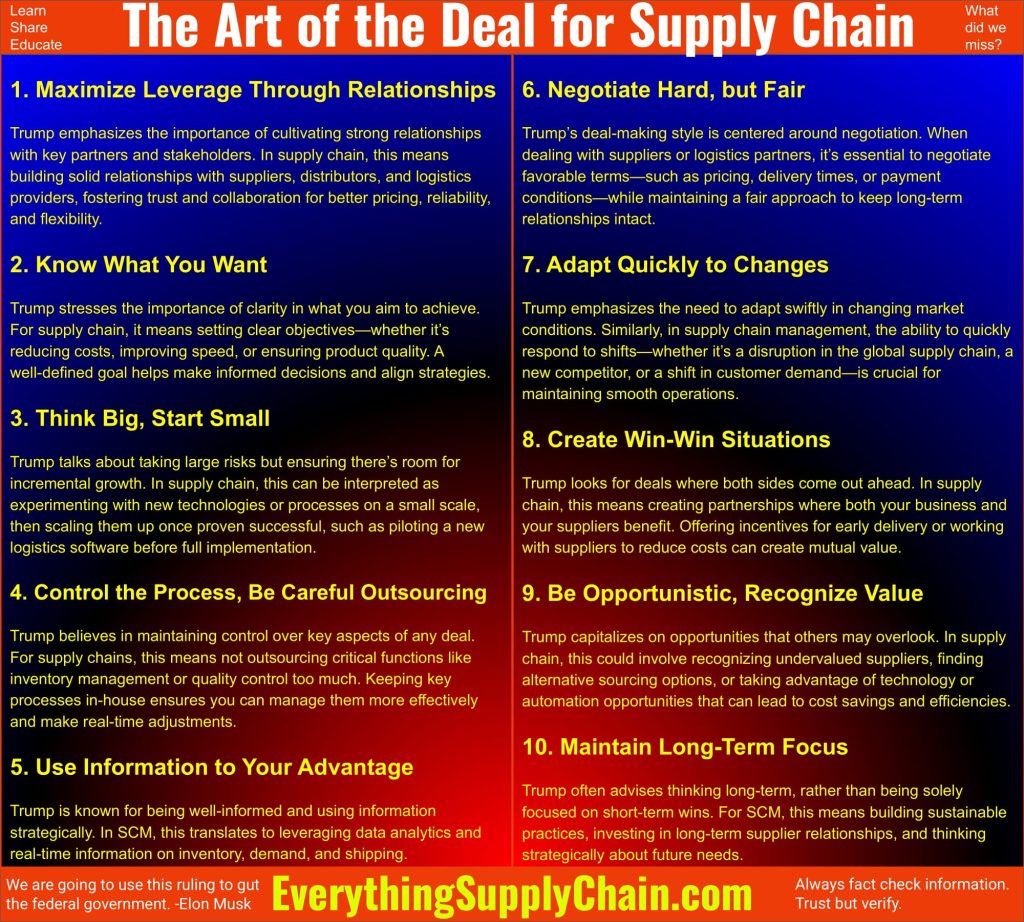
Further Details:
1. Maximize Leverage Through Relationships
Insight: In The Art of the Deal, Trump highlights the importance of building and nurturing relationships with influential people. In supply chain management, this translates to strategically developing long-term, trusted relationships with suppliers, vendors, transporters, and even competitors. These relationships often lead to preferential treatment, better prices, or priority access to resources when there’s a shortage or disruption. The stronger your relationships, the more leverage you have when negotiating terms, deadlines, and prices. Being known as a reliable partner can lead to priority shipping or favorable credit terms, thus giving your company a competitive edge.
Actionable Strategy: Invest time in regular communication, create mutual win-win scenarios, and be proactive in addressing supplier issues before they escalate.
2. Know What You Want
Insight: Trump emphasizes the importance of being clear about your goals to avoid getting distracted by unimportant details. In supply chain, this means being very clear on the specific outcomes you need from your supply chain operations. Whether it’s minimizing lead time, reducing costs, improving quality, or enhancing customer satisfaction, having a clear vision allows you to make better decisions about where to focus resources.
Actionable Strategy: Define Key Performance Indicators (KPIs) for your supply chain, such as inventory turnover rate, order fulfillment accuracy, or delivery speed, and use them as a compass for decision-making.
3. Think Big, Start Small
Insight: Trump talks about taking big risks but starting with manageable steps. For supply chain, this means being willing to innovate and disrupt existing processes, but starting with small pilots or test runs. For example, implementing a new automated inventory system or a new supplier contract might seem like a large undertaking, but starting small in a specific region or product line can help gauge success and minimize risk. As the new solution proves itself, you can scale it across the entire supply chain.
Actionable Strategy: Begin with a limited implementation of new technology or process (e.g., robotic automation, blockchain for tracking) in a select area or with a single supplier, then scale after proving its efficiency and ROI.
4. Control the Process, Don’t Outsource Too Much
Insight: Trump’s focus on retaining control in his deals is also applicable to supply chain. While outsourcing can reduce costs, it’s crucial to maintain control over the most critical aspects of the supply chain, such as procurement, inventory management, and quality control. When you outsource too many key functions, you lose visibility into potential problems and can become overly dependent on external parties.
Actionable Strategy: Keep the most strategic parts of the supply chain in-house, such as demand forecasting and strategic sourcing, while outsourcing non-core functions like transportation or warehousing to third-party logistics providers.
5. Use Information to Your Advantage
Insight: Trump stresses the importance of gathering information and using it effectively to negotiate better deals. In supply chain management, access to real-time data is essential for making informed decisions. This includes data on inventory levels, supplier performance, lead times, and transportation efficiency. The more information you have, the better equipped you are to anticipate issues, optimize operations, and spot inefficiencies.
Actionable Strategy: Implement an advanced Enterprise Resource Planning (ERP) system or a Supply Chain Management (SCM) platform to gather and analyze data across all stages of the supply chain. Use predictive analytics to forecast demand and make proactive adjustments.
6. Negotiate Hard, but Fair
Insight: Trump’s negotiation tactics often involve being assertive and aiming for the best possible deal, but without burning bridges. In supply chain, negotiating hard could mean securing favorable pricing, extended payment terms, or reduced lead times with suppliers. However, it’s also about ensuring the negotiation leaves both parties satisfied so that the partnership can continue long-term. Building a reputation as a fair negotiator leads to sustainable, collaborative relationships.
Actionable Strategy: Leverage your purchasing power and the data you’ve gathered about suppliers’ performance to push for better terms, but always ensure that the supplier is still incentivized to meet your expectations in the future.
7. Adapt Quickly to Changes
Insight: One of Trump’s core business principles is adaptability—knowing when to pivot or make changes in response to shifting circumstances. Supply chains are constantly affected by external forces, including global disruptions, changing regulations, and evolving customer expectations. Being adaptable allows a company to react swiftly to these changes without significant losses.
Actionable Strategy: Maintain flexibility in your supply chain by diversifying suppliers, holding strategic inventory reserves, and investing in digital tools that provide visibility and enable faster decision-making.
8. Create Win-Win Situations
Insight: Trump aims to create deals where both sides benefit, which fosters long-term cooperation. In the supply chain, this can involve working with suppliers and logistics providers to develop solutions that benefit both parties—such as collaborating on cost-saving initiatives, optimizing transportation routes, or sharing forecasting data. This approach helps build trust and resilience in the supply chain.
Actionable Strategy: Develop joint initiatives with suppliers, such as inventory pooling, demand forecasting collaboration, or co-investing in technologies, to reduce costs and improve overall performance for both parties.
9. Be Opportunistic, Recognize Value
Insight: Trump looks for opportunities that others might miss. In supply chain, being opportunistic means identifying areas where value can be created, such as finding new suppliers in emerging markets or adopting new technologies that improve efficiency. Recognizing value also involves taking advantage of economies of scale or optimizing logistics networks to lower transportation costs.
Actionable Strategy: Regularly assess the supply chain for inefficiencies and look for opportunities to renegotiate contracts, consolidate shipments, or switch suppliers for better pricing or service.
10. Maintain Long-Term Focus
Insight: Trump’s approach often emphasizes the long-term benefits of deals, rather than focusing on short-term gains. For supply chain management, having a long-term focus means investing in relationships, technology, and infrastructure that will provide lasting value. This includes sustainability efforts, such as ethical sourcing, and investing in digital transformation initiatives that will continue to benefit the supply chain over time.
Actionable Strategy: Plan for the future by considering trends such as automation, sustainability, and supply chain resilience in the face of climate change, and prioritize investments that will pay off over the long term, rather than making decisions that offer only short-term savings.
By integrating these expanded strategies into a supply chain framework, you can build a more agile, efficient, and robust system. Each of these principles from The Art of the Deal helps in optimizing negotiation, planning, and decision-making in the supply chain, ultimately ensuring long-term success and sustainability.
Trump Art of the Deal And Supply Chain Quotes
- “The final key to the way I promote is bravado. I play to people’s fantasies. People may not always think big themselves. but they can get very excited by those who do. That is why a little hyperbole never hurts. People want to believe that something is the biggest, the greatest and the most spectacular.” ~Donald J. Trump, Trump: The Art of the Deal
- “My people keep telling me I shouldn’t write letters like this to critics. The way I see it, critics get to say what they want to about my work, so why shouldn’t I be able to say what I want to about theirs?”
~Donald Trump, Trump: The Art of the Deal - “Information is power, and the gain you get from empowering your associates more than offsets the risk of informing your competitor.” ~Sam Walton, Cofounder of Walmart
- “Supply Chain is like nature, it is all around us.” ~Dave Waters
- “You can take the smartest kid at Wharton, the one who gets straight A’s and has a 170 IQ, and if he doesn’t have the instincts, he’ll never be a successful entrepreneur. Moreover, most people who do have the instincts will never recognize that they do, because they don’t have the courage or the good fortune to discover their potential. Somewhere out there are a few men with more innate talent at golf than Jack Nicklaus, or women with greater ability at tennis than Chris Evert or Martina Navratilova, but they will never lift a club or swing a racket and therefore will never find out how great they could have been. Instead, they’ll be content to sit and watch stars perform on television.”
~Donald Trump, Trump: The Art of the Deal - “Products can be easily copied. But a supply chain can provide a true competitive advantage.” ~Yossi Sheffi
- “The Business Schools reward complex behaviors more than the simple behaviors, but simple behavior is more effective.” ~Warren Buffett
Supply Chain and Trump Resources
- Advice from TOP CEOs: Elon Musk, Jeff Bezos, Tim Cook.
- Are Trump’s Tariffs a Negotiation Strategy?
- Pros and Cons of Higher Tariffs. Good or Bad for the Economy?
- Supply Chain Quotes by Elon Musk, Sam Walton, Tim Cook, Jeff Bezos…
- Trump vs Biden: Supply Chain Analogy.
- Will Trump’s Tariffs Crash the Economy?
- 10 Steps to Better Decision Making.
